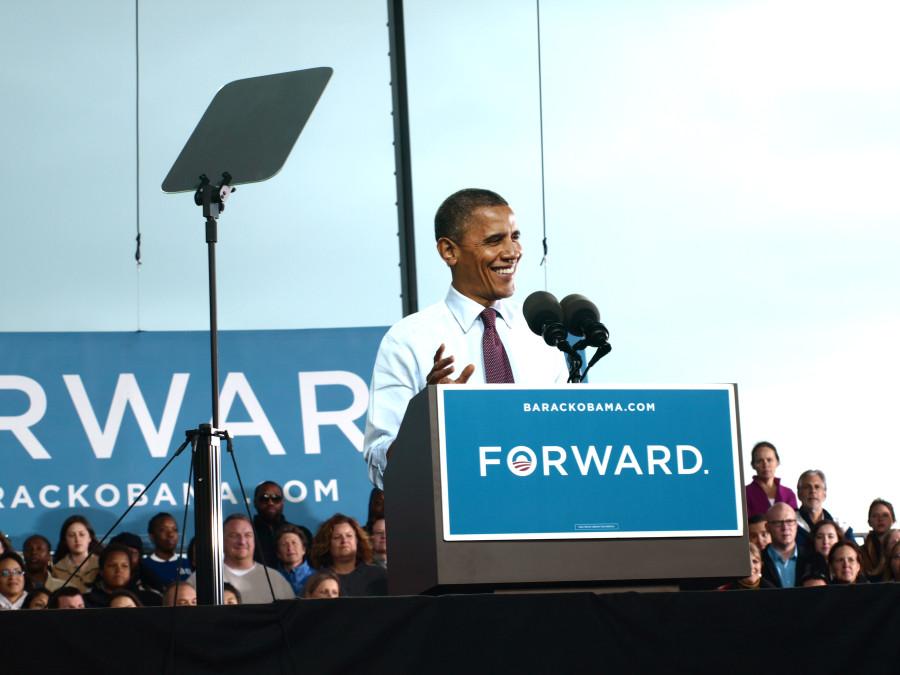The deficiencies in Milwaukee Public Schools, including low test scores on Wisconsin standardized tests, high dropout rates, graduation rates considerably lower than the state average and a large budget deficit, have long been a source of distress for city politicians and their constituents.
“The system as a whole, per federal government standards, is a failing district,” said Milwaukee Common Council President Willie Hines in a statement.
“It is painfully apparent that we cannot continue to support the status quo,” Hines said, imploring his colleagues to engage in sincere debate over the governance of MPS.
Some argue a change in school governance will help improve the deficiencies MPS faces. Bob Donovan, alderman of Milwaukee’s 8th District, is in favor of putting the school board under mayoral control. Under such an arrangement, the mayor would be responsible for appointing school board members and a superintendent, Donovan said.
The main concern under the current system, in which school board members are directly elected by citizens, is that well-qualified candidates shy away from running for public office because of the various commitments involved with campaigning, Donovan said. Low turnout for such elections also plays a role in school board inefficiency, he said.
Donovan added that change in school governance would not be enough; such a change would have to be accompanied by a plan to restore citizens’ faith in the educational system, he said.
“The goal is to reach a point where teachers in the system have enough faith in it to enroll their own children, and we’re not there right now,” Donovan said.
On the other side of the debate is the city’s 14th District Alderman Tony Zielinski, who is in favor of preserving the current system.
“For a mayor to appoint school board members and a superintendent is anti-democratic,” Zielinski said, adding it would be a dangerous precedent to set if the mayor’s proposal were to pass.
Zielinski said the right to vote is a fundamental American right that people throughout history have died for, and giving the mayor the ability to appoint school board members diminishes the citizens’ right to vote. The proposal also implies that citizens are not intelligent enough to elect their own officials, Zielinski said.
Michael Bonds, president of the board of school directors, also echoed the sentiment that such a change in school governance would be anti-democratic.
“Thousands of voters elected the current board in 2007, and we need to protect the people’s right to vote,” Bonds said.
Bonds said Mayor Tom Barrett has not shown adequate ability to lead Milwaukee, citing a projected $90 million deficit in the city. Accounting changes recently made by the Milwaukee Pension Board have reduced deficit projection to $78 million.
The board has already begun to address some of the issues facing MPS, Bonds said. Academic scores are up and suspensions are down, and the current board has established some extracurricular programs in the schools, Bonds said.
Both Donovan and Zielinski expect action in the state Legislature regarding this proposal in the upcoming months, and the board approved using $250,000 of the school board’s contingency funds for legal counsel in the event the state Legislature moves to replace the current board with mayoral appointments, Bonds said. Those dollars are reserved for emergencies and never would have been used in the classroom, Bonds said.






Molly Newman • Aug 31, 2009 at 3:40 pm
This is a great article.